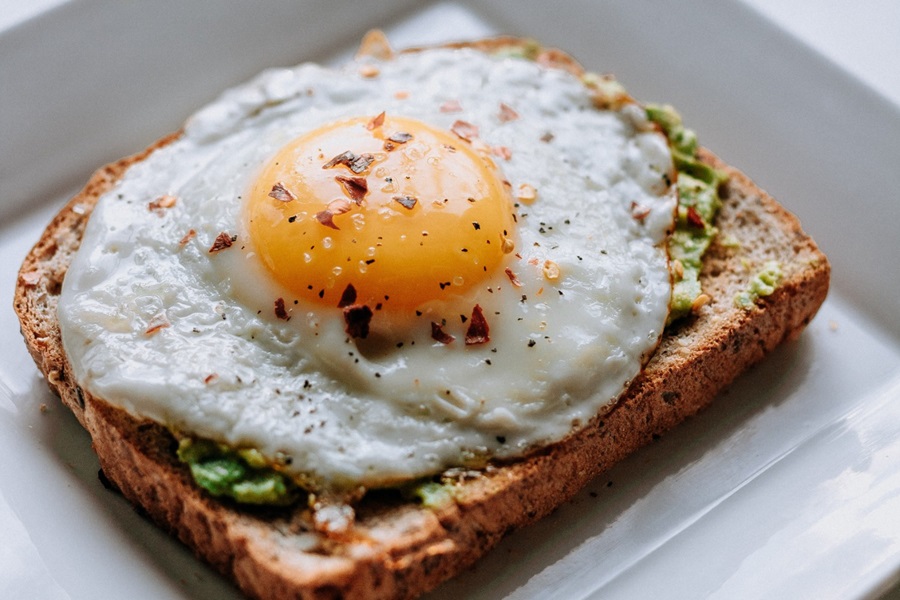Last year, sales of breakfast products fell by 2.4%, but this year the top three breakfast categories – ready-to-eat, hots and alternatives (like biscuits and cereal bars) were all in year-on-year value growth.
Based on Kantar data for the 52 weeks ending 22nd April 2018, the total value of the breakfast occasion has grown to £11.6 billion.
Who is eating breakfast?
As the cheapest meal of the day, just £1 of every £8 spent on groceries is spent on breakfast, but it does account for 28% of all eating and drinking ‘occasions’. Indeed, breakfast is consumed by 97% of people, according to Kantar usage data for the 52 weeks ending 25th March 2018, and frequency sits at 6 times a week – so it’s a difficult market to grow. However, as the UK population gets bigger, so too does the demand for food and drink for this key food and drink occasion.
Many more people now grab breakfast on-the-go – carried out breakfasts grew 9.5% over the last year to 263m occasions. This still only represents 1.4% of breakfasts overall, but it does explain some of the overall spending growth. 40% of carried out breakfasts were bought by those aged 16 to 34, whose consumption of takeaway breakfasts grew 35% in the last year.
However, data shows that people in the UK are still happy to cook and eat breakfast at home, with the average time spent preparing the meal growing slightly year on year. The average time taken to prep breakfast is now averaging 7.4 minutes, versus 7.1 minutes last year.
What do we eat for breakfast… and why?
Sales are up year-on-year on items like cereal bars (2.2% growth to £444.5 million), porridge (up 4.8% to £247 million) and marginally on ready-to-eat cereal (value of sales is up 0.7% to £1,318.1 million).
When it comes to food and drink choices, decisions are largely made based on health (28%) according to Kantar usage data for the 52 weeks ending 25th March 2018. Millennial consumers, accounting for 23% of all breakfast consumers, are especially seeking health benefits at breakfast – 253 million MORE breakfast servings they enjoyed last year were based on fulfilling this need. 190 million more were chosen based on being ‘more natural/less processed’.
When it comes to making healthy choices, breakfast cereals are most likely to be chosen, accounting for 34% of consumption. We are eating 5% more ready-to-eat cereals and 4% more hot cereals. Despite being lauded as a healthy choice, granola has actually seen declines in consumption of 8%. In fact, whilst granola is 4% more likely to be chosen because it is lower in fat/salt/sugar than the total cereal category, 8 million fewer granola servings were chosen for this reason than last year (down 22%).
Consumers are eating more fruit (up 8.5%), porridge (up 7.4%) and eggs (up 2.7%), confirming the trend towards more ‘natural’ breakfasts. Eggs are certainly popular – cooked breakfasts WITHOUT eggs are eaten 2.2% less often this year. They are clearly an important component.
The way forward for manufacturers is to tap into the continuing health trend, satisfying consumers’ needs for more natural products. For those looking to grab a slice of the millennials’ breakfast, satisfying the on the go breakfast option is key to satisfying the busy millennial lifestyle as well as ensuring that health credentials are the focus.

